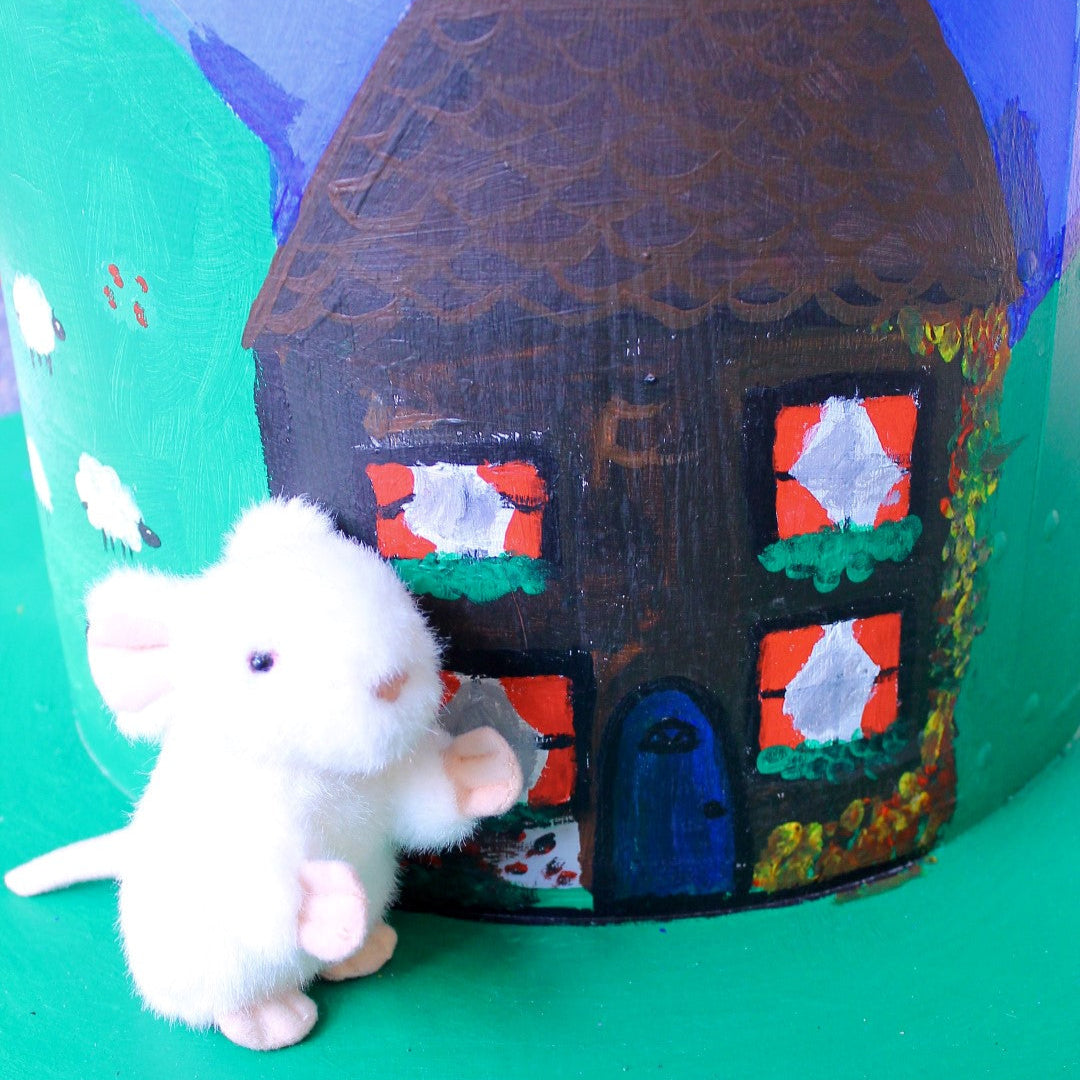
Getting Started with School: A Parent’s Guide to Supporting Learning at Home
Starting school is a big step, not just for children, but for parents too. As your child settles into their new routine, you might be wondering how you can best support their learning at home. The good news is, you don’t need to become their teacher. Your role is different, but just as powerful.
Here’s how you can make a big difference in small, everyday ways.
1. Be Interested
The most important thing you can do? Show interest. Ask about their day, what they did, who they played with, what made them laugh, or what felt tricky. Some children come out of school bursting to talk, while others need a bit of downtime first. Follow their lead.
When they’re ready to talk, really listen. Put your phone down, make eye contact, and give them your full attention. You’re not looking for a full report; just connecting over the little things helps them feel valued and supported.
2. Talk About Feelings
Starting school can bring up all kinds of emotions, and it’s entirely normal for children to feel a bit wobbly, especially in the early weeks. Reassure them that it’s okay to feel nervous or unsure, and praise their efforts as they adjust. Let them know you’re proud of them, whether they’ve made a new friend or just got through the day.
You don’t always need to fix things; sometimes they just need a safe space to talk and be heard.
3. Create a Calm Space for Home Learning and Play
Even in the early years, it’s helpful to have a space at home where your child can draw, colour, build, read, or play. This doesn’t need to be fancy, just a corner of a room with a small table, comfy seat, and a few favourite supplies.
Try to keep this area:
- Quiet and away from distractions (like the TV)
- Stocked with books, crayons, puzzles or number games
- A place they enjoy spending time in
This helps build the habit that learning happens everywhere, not just at school.
4. Keep to a Simple Routine
Young children thrive on routine; it helps them feel secure and know what to expect. Try to keep wake-up times, meal times, and bedtime consistent on school days.
One tip that works well is to create a visual morning routine chart together (e.g., get dressed, eat breakfast, brush teeth, pack your bag). Stick it somewhere they can see, the fridge, a cupboard door, or their bedroom wall.
This encourages independence and reduces morning stress for everyone.
5. Don’t Forget to Rest and Recharge
After a long day at school, your child will need time to relax. Homework in the early years is usually light, if it exists at all, so don’t feel pressure to squeeze in more learning.
In fact, the best after-school ‘activity’ might be:
- Free play with siblings or toys
- A walk to the park or a stomp through puddles
- Cuddling up with a story
- Chatting together at the dinner table
These moments help your child recharge and process their day.
6. Support Yourself Too
Some days parenting feels easy; other days it’s really hard. If you’re struggling, reach out to other parents, friends, or your child’s school. You’re not alone.
Make time for yourself where you can, even if it’s just ten quiet minutes with a cuppa. Looking after your own well-being helps you show up for your child in the way you want to.
A Final Thought
You don’t need flashcards or fancy apps. Just being present, consistent, and kind makes all the difference. You’re already doing so much, and your child is lucky to have you by their side
